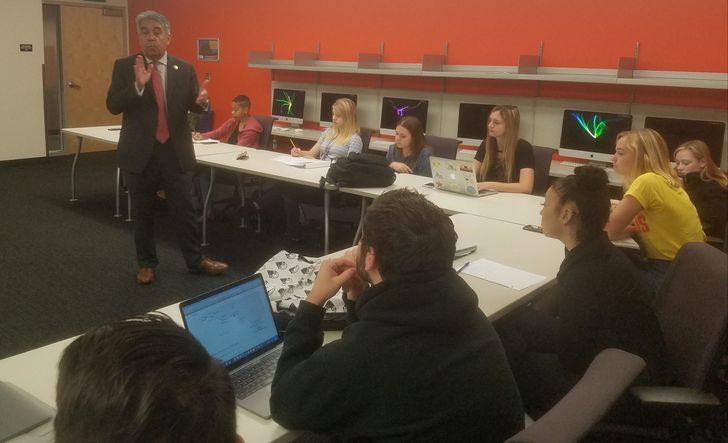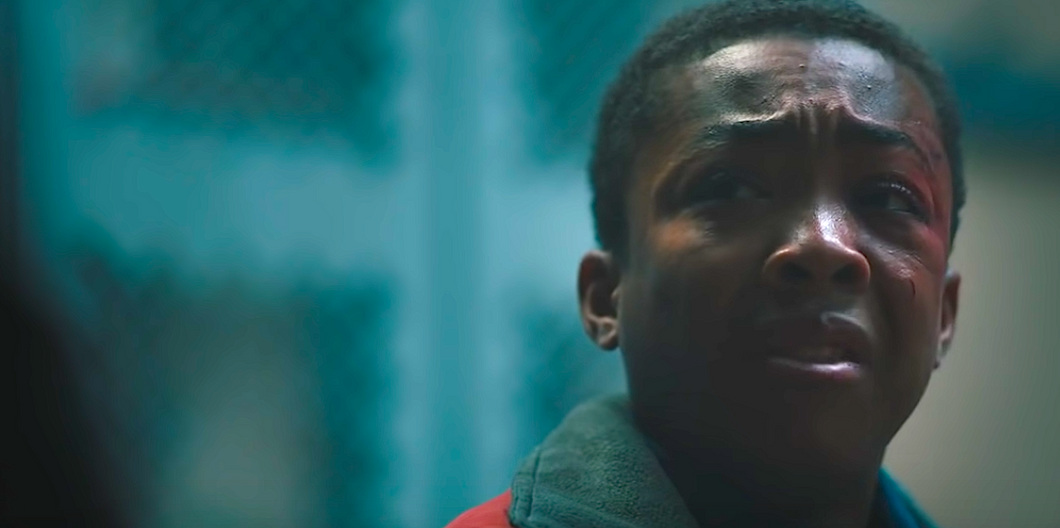Nearly five months after the death of Deputy U.S. Marshal Chase White, the officers who worked beside him continue to heal.
White was killed on Nov. 29, serving an arrest warrant to Ryan Schlesinger, 26, who had been stalking Tucson police.
A team of deputy marshals and police surrounded Schlesinger's home when he opened fire through a window, shooting and killing White, who was on the side of the house.
"We're still dealing with it," said U.S. Marshal David Gonzales in a discussion with a class of Cronkite journalism students. "Could you imagine seeing one of your brothers and sisters being shot and killed right in front of you?"
White served with the United States Marshals Service for three years and was also a member of the U.S. Air Force Reserve. The day of his death was to be his last day before being activated for military service.
Gonzales informed the class that the Marshals Service arrests about 6,000 fugitives a year in the District of Arizona alone and that this particular sector of law enforcement is especially dangerous. "U.S. marshals have more deputies killed in the line of duty than all federal agencies combined," he said.
White was the first deputy U.S. marshal to be killed on duty in Tucson in 66 years.
Gonzales explained that those who knew him have been handling the trauma of his death in their own ways. "Some deal with it pretty well, others, we monitor, and we assure that they get the help that they need to deal with those emotions," he said.
White was also a husband as well as a father to four children whose ages range from 7 to 14. During the discussion, Gonzales recounted the many emotions experienced on the day of his death, one of the hardest being talking to White's wife and kids.
However, in the moments after White had passed, Gonzales did witness something he described as "heartwarming." As White's body was being taken from the hospital to the medical examiner's office, law enforcement officers and hospital staff lined up in rows out to the parking lot to honor him.
And law enforcement continues to honor him, along with other officers who have died in the line of duty. "People die twice," said Gonzales. "The first time is when their body leaves them when their heart stops… and the final and last time a person dies is when you stop saying their name."
Gonzales said that this is why law enforcement holds memorial services to honor the fallen every year.
















